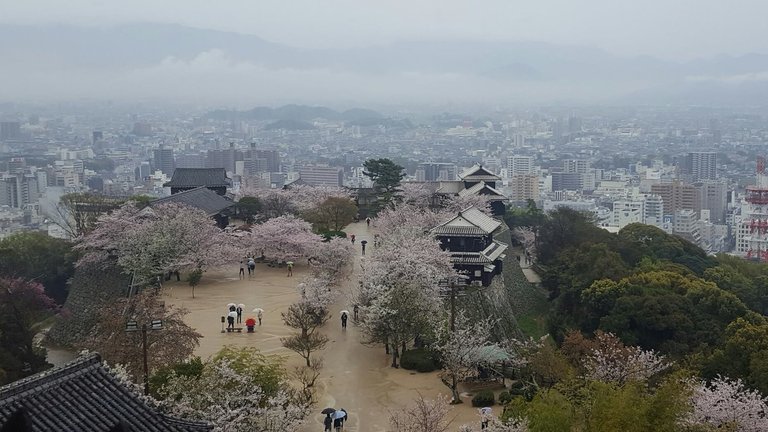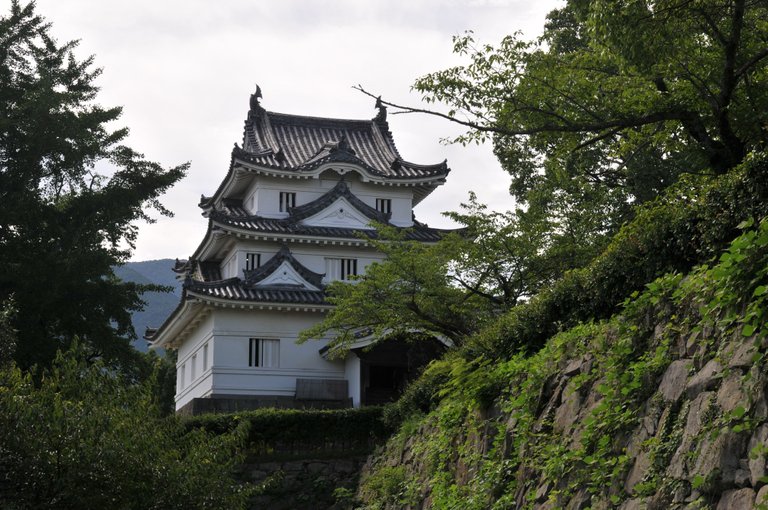Books and Japanese Culture

For this trip, I took the approach of framing the trip with fiction. The book I am currently reading is called Shogun, by James Clavell. It is a piece of historical fiction set in 1600 in Japan. The story depicts an English Sea Captain who is shipwrecked in Japan and integrates into Japanese society. The captain's name is Blackthorn, but he adopts the name Anjin-San because the Japanese language does not contain the letters pronounce his name. I find myself having the same problem and now introduce myself as Teeraa. I find it quite funny because this is very similar to the way that my name gets pronounced in Spanish.
I kind of relate to the captain in many ways. While we are not openly referred to as barbarians, the same complaints that were made of him are also made of us. Gaijin, meaning foreigner, seems to be the preferred term to barbarian, but what’s the difference really? It is sometimes used in an endearing way, and sometimes it really isn’t. We, as a group, look unruly. We are easily a foot taller than everybody else in the country. Despite being under six feet, really stand out in the crowds of people. The main similarity is the fact that we smell bad. While we do our best to visit the bathhouses as often as we can, they are not actually prevalent enough to prevent us from smelling horrible. When Anjin-San was first crashed ashore the first command he was given was to bathe. I really needed a bath. As the trip has continued the varying amounts of facial hair that we have all grown has also contributed to our rather, “barbarian,” appearance.
A lot of the book discusses the ways in which Anjin San must change the way he thinks to understand the customs of locals. It is very difficult to understand the modern customs of Japan because we do not speak the language. I do know that, in the eyes of some of the locals, we are given elevated status due to our participation on the pilgrimage. It has been described as the custom, or even the duty, of the individuals of the communities to help the Henro when they can. This help often comes in the form of small gifts, but can sometimes be even larger. For the more traditional locals, this custom is very important to them.
Just yesterday I was walking off the original path, towards our destination alone. I was not sure if the boys were behind or ahead of me, but I knew the spot where we would meet up. A man stopped me and through the poor use of a phone translator, I was invited to see his home and meet his wife. He offered to have me stay in their home for the evening. I was in a tight spot. It looked like it would rain and I had the tent in my bag. We were not sleeping at a rest hut that night so I knew that my friend would need the tent. I tried to explain to the man that I was very sorry, but that my friends were in the next town and that I had to go meet them. This is considered very bad manners on my part, but given the circumstance, I did not have much of a choice. His wife understood a little bit more English than he did and again, using a translator, I was able to communicate the situation. The man immediately switched tones and began to apologize to me for using my time. Again, lost in translation, I tried to explain that I felt bad for having to say no, and he tried to explain how bad he felt for holding me up. It was a very confusing situation that ended with him giving me a big hug, saying you and I are now good friends, and then walking me about a km from his home towards the town. This awkward loss of face for both of us, is a situation that is repeatedly described in the book. I guess I am just a Barbarian.
The best way that this book has influenced my trip, happened when we were visiting Uwajima Castle. It is a castle that was built 400 years ago and remains in its original form. It belonged to the Date Clan. We were able to go inside the castle and view the three floors. Each floor was smaller than the last, with the final floor providing breathtaking views of the surrounded area. This view was aided by the fact that the castle was built on a hill, with the city sprawling out around it in all directions. The port was also in full view. As I looked out the window all I could picture were passages from the book about Japanese Lords looking out the windows of their castles, while samurai in the surrounding village prepared for war. It was easy to picture the hawks that were sent out to intercept carrier pigeons, because these hawks still fly in the sky surrounding the castle. It was quite easy to imagine the surprised nature of the lord of the castle, looking out to his port to see a foreign ship, with foreign crew, being chased into land by an errant storm.
Thanks,
Kaw

Follow me back please
Give visibility to your articles.
Get an upvote 2.5 to 3 times bigger than your send.
FRIENDS-MINNOWSBOT is a new bot made for beginners. Read the explanations on @friends-bot